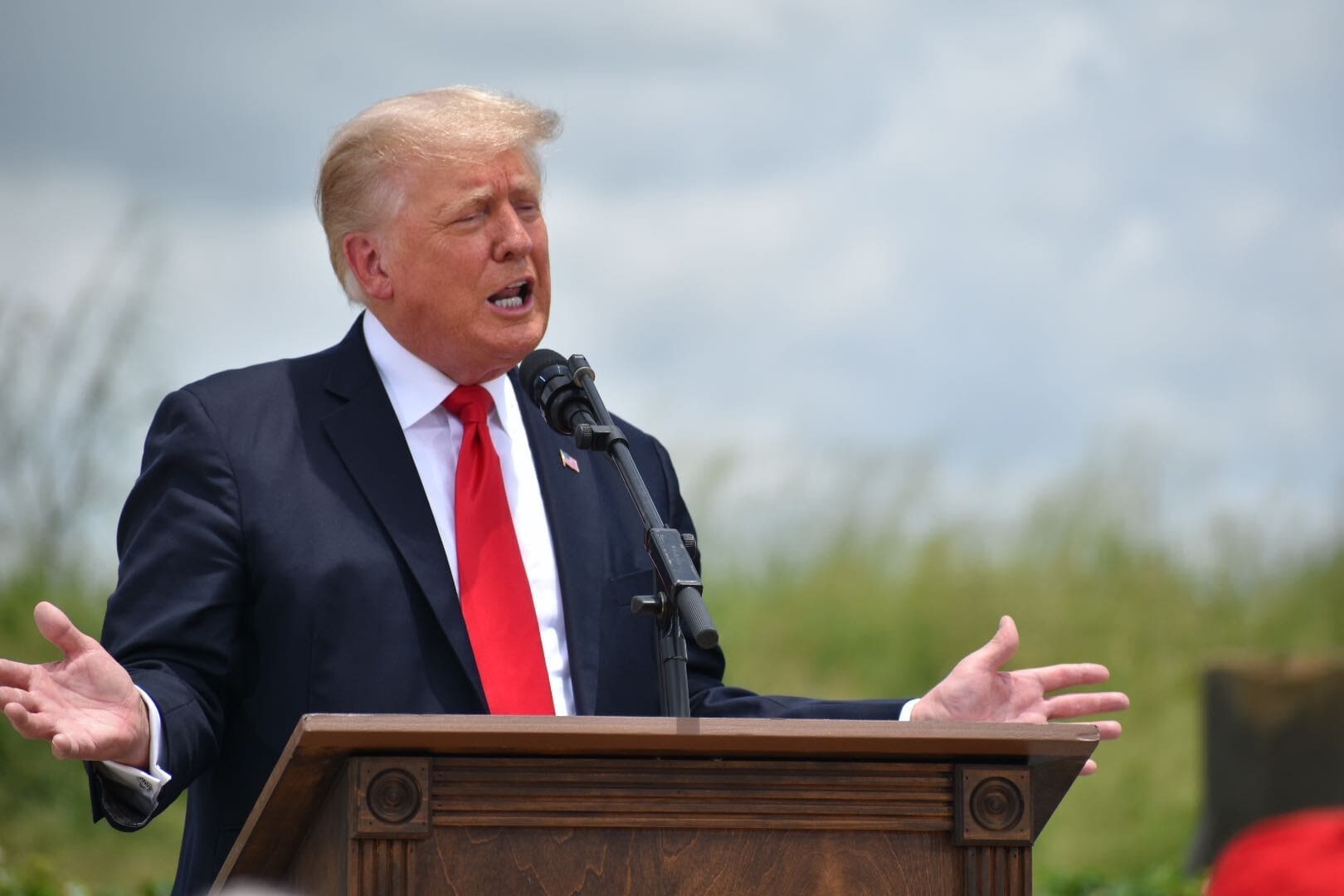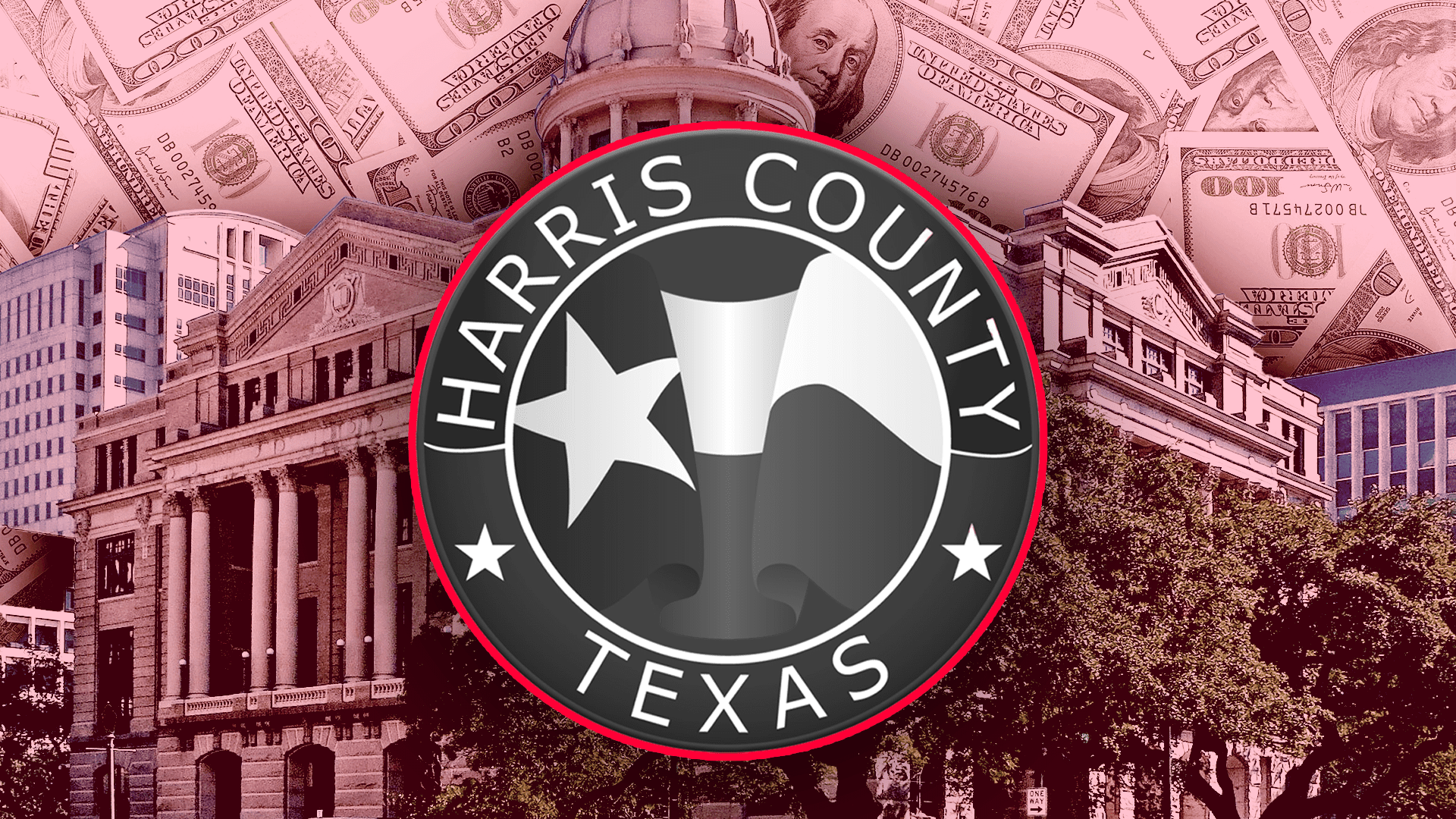The third special legislative session began Monday, September 20. Abbott initially announced five items on his agenda; last week, he added two more items, increasing the total to seven agenda items for the Legislature to consider.
Similar to past special sessions, both legislative chambers have shown different approaches to how they prioritize items on the agenda. Now, more than one week into the session, here is where both legislative chambers stand.
Texas Senate
Of the seven agenda items, the Texas Senate has already passed four from their chamber.
They very quickly moved on legislation relating to youth sports, requiring that public school students play in UIL athletics associated with their biological sex at birth; regulations on the restraint of dogs; one-time property tax relief; and a proposed constitutional amendment expanding the ways in which an offender can be denied bail.
Of the remaining three items, the Senate Special Committee on Redistricting has already held several meetings to consider proposed maps relating to 31 Senate district boundaries and 15 State Board of Education district boundaries. The committee is scheduled to consider legislation relating to the U.S. congressional district boundaries, which include two completely new districts, on Thursday.
The Senate Finance Committee has been referred legislation that would allocate upwards of $7 billion of the available $16 billion from federal COVID-19 relief money to repay debts owed to the U.S. Treasury in relation to the Unemployment Compensation Fund. The committee has not yet scheduled a hearing.
The Senate has yet to refer any of the several filed bills relating to vaccine mandates. Notably, this was not an issue included by Lt. Gov. Dan Patrick when he announced his legislative priorities before the ongoing special session.
Texas House of Representatives
In contrast, the Texas House of Representatives did absolutely nothing in the first week of this special session. Though they briefly convened twice, they did not refer any of the currently filed bills to House committees until a week later, on Monday, September 27.
Notably, of the presumptive priority bills, House Bills 1-9 have yet to even been filed.
On Monday, they referred legislation relating to redistricting to the House Redistricting Committee; however, the legislation only includes suggested guidelines, not the actual proposed boundaries for the 150 House districts.
They also referred the already passed Senate youth sports bill and their own version of the bill to the House Public Education Committee, the same committee that was responsible for ending its legislative prospects in the last special session. As a potential stopgap measure, they referred a similar bill to the House Select Committee on Constitutional Rights and Remedies. Thus far, none of the bills have been scheduled for a hearing.
They referred the already passed Senate bill relating to regulating the restraint of dogs, as well as a few variant House versions of the bill, to the House State Affairs Committee. None have been scheduled for a hearing yet.
The House referred the already passed Senate bill and their own versions of the proposed constitutional amendment relating to expanding the list of ways an offender can be denied bail. This issue was an emergency legislative item of Abbott’s and was something that fell victim to the initial quorum break on the penultimate day of the 87th regular legislative session in May. The issue was considered again in the second special session, where the enabling legislation notably passed, but the constitutional amendment failed, as it lacked the number of votes needed in the House. It is unclear what has changed on the issue in this special session, given that the bill is exactly the same.
Both the Senate and House’s versions of property tax relief bills have been referred to the House Ways and Means Committee. In their current form, the median household value in Texas of $300,000 would see about $200 in relief as the legislation enables the use of additional revenue to buy down the school maintenance and operations portion of the property tax rate.
Similar to the Senate, the House has not referred any bills relating to vaccine mandates to any House committee.
Conversations in the Capitol
Reports from lawmakers and legislative staff seem to indicate many have taken issue with the abrupt announcement of the current special session, having previously been led to believe it would begin in October.
Some House lawmakers have reported that House Speaker Dade Phelan has already privately indicated they will be returning for a fourth special session, as they do not foresee tackling the issue of Redistricting completely during the ongoing special session.
The delayed census data, used for the decennial redistricting process, was distributed in mid-August. The data drives the drawing of boundaries for 150 Texas House districts, 31 Texas Senate districts, 15 State Board of Education districts, and 38 U.S. congressional districts.
It is still unclear which agenda items will cross the legislative finish line before the forced conclusion of the ongoing special session.
What Does it All Mean?
The ongoing special session has the ability to last until October 19, 2021. Abbott can add to the agenda at any time and can call as many special sessions as he sees fit.
A potential delay in redistricting map approval also means a potential delay in candidate filing periods and primary elections for the 2022 election cycle.





